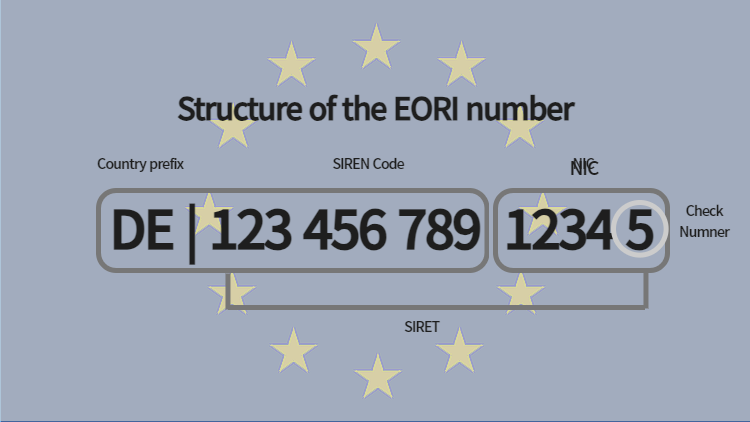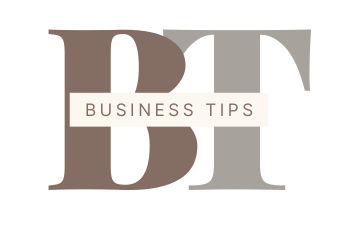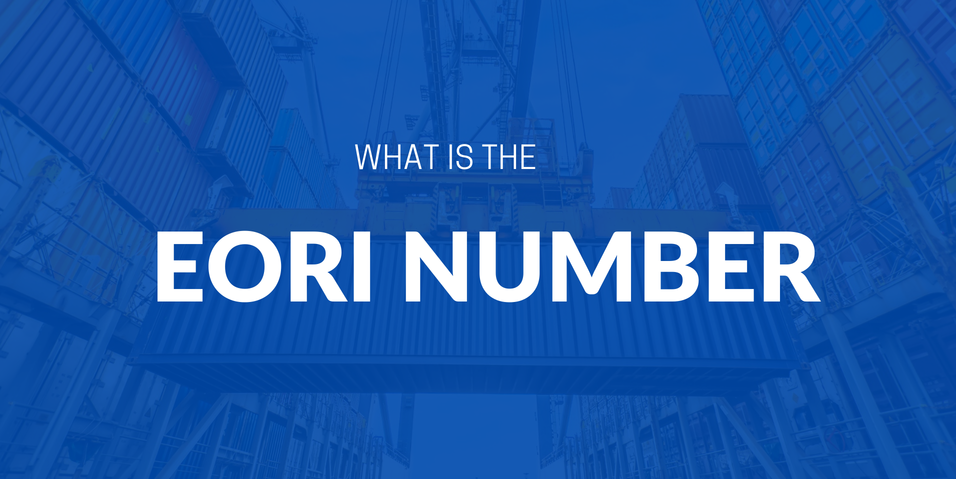With international trade becoming more complex, businesses must stay compliant with various customs regulations. One of the most important identifiers for businesses importing or exporting goods across international borders — especially in the UK and EU — is the EORI number.
If you’ve ever wondered “What is an EORI number, and do I need one?”, you’re not alone. This comprehensive guide will explain everything you need to know, including its purpose, how to get it, and what happens if you don’t have one.
What Is an EORI Number?
EORI stands for Economic Operators Registration and Identification. It is a unique identification number used by customs authorities to track and register businesses and individuals involved in the import or export of goods.
Introduced by the European Union, the EORI number helps simplify and secure international trade by making it easier to share customs data between countries and organizations.
What Does an EORI Number Look Like?
The format of an EORI number depends on the country:
- UK EORI Number (for post-Brexit trade): Starts with GB, followed by a 12-digit VAT number (if applicable). Example: GB123456789000.
- EU EORI Number: Begins with the country code (like FR, DE, IT), followed by the trader’s unique identifier.
- Northern Ireland (NI) EORI: May start with XI for businesses moving goods between NI and the EU.
Why Is an EORI Number Important?
1. Required for Customs Declarations
Whether you are importing or exporting, your EORI number is necessary for:
- Lodging customs declarations
- Applying for customs decisions
- Tracking goods movements
- Ensuring VAT and duty compliance
2. Post-Brexit Compliance
Following Brexit, UK businesses now need:
- A GB EORI number for trading outside the UK
- An XI EORI number for trading between Northern Ireland and the EU
3. Efficient Processing
Having an helps prevent delays at ports and customs, ensures faster release of goods, and avoids additional costs from misfiling.
Who Needs an EORI Number?
You will need an if you:
- Import or export goods between the UK and non-UK countries
- Move goods to/from Northern Ireland and the EU
- Operate as a logistics or freight forwarding company
- Submit customs declarations for others
You do not need an EORI number if:
- You only buy or sell digital services (not goods)
- You trade domestically within the UK
- You’re an individual sending goods for personal use
Types of EORI Numbers in the UK
| Type of Trade | Required EORI |
| UK to/from non-EU countries | GB EORI |
| Northern Ireland to/from EU | XI EORI |
| UK to/from EU (after Brexit) | GB + possibly XI |
| Operating in EU country | Local EU EORI |
How to Apply for an EORI Number
In the UK (via HMRC)
Step 1: Check Eligibility
Ensure your business is involved in importing or exporting goods.
Step 2: Gather Required Information
You’ll need:
- VAT number (if registered)
- Company name and address
- UTR (Unique Taxpayer Reference)
- Nature of your business
Step 3: Apply Online
Visit the official UK government website:
https://www.gov.uk/eori
Step 4: Wait for Approval
It usually takes a few hours to 5 working days to receive your number by email.
How to Get an XI EORI Number (Northern Ireland)
If your business moves goods between Northern Ireland and the EU, you will also need an XI.
You can apply for this after receiving your GB EORI, and HMRC will assess whether you’re eligible.
Do EU Businesses Need an EORI Number?
Yes. If an EU-based business imports or exports outside of the EU, they must register for an via their national customs authority.
Example: A French company trading with the UK must apply for a French starting with FR.
What Happens If You Don’t Have an EORI Number?

If you try to import/export goods without an expect:
- Delays in customs clearance
- Goods held at the border
- Fines or extra charges
- Customs agents unable to submit declarations on your behalf
For businesses, this can lead to lost customers, damaged reputation, and unexpected costs.
How to Check an EORI Number
You can verify if an EORI number is valid using the EU EORI validation tool:
https://ec.europa.eu/taxation_customs/dds2/eos/eori_validation.jsp
For UK numbers, HMRC may not display them publicly, but customs agents can validate internally.
EORI and VAT: What’s the Connection?
While having a VAT number is not required to get an, most VAT-registered businesses will use their VAT ID as part of the EORI. If you are not VAT registered, you can still apply for an EORI.
Remember:
- EORI = customs identification
- VAT number = tax identification
They serve different purposes but often go hand-in-hand for trade.
EORI Number for Non-UK/EU Businesses
If you’re a non-EU or non-UK business trading with either region, you must register for an EORI in the region you first interact with:
- If trading with the EU, get an EU EORI.
- If trading with the UK, get a UK EORI.
How Long Does an EORI Number Last?
An does not expire, but it can be deactivated if:
- The business ceases operations
- Fraud is detected
- It is inactive for an extended period
If you change your business address or name, inform customs to update your EORI record.
Common Mistakes to Avoid
- Applying too late — You can’t clear customs without it.
- Wrong type of EORI — GB vs XI vs EU matters.
- Incomplete application — Missing details delay approval.
- Using someone else’s EORI — Not allowed unless you’re a customs agent.
- Not informing your freight forwarder — Delays documentation.
Summary: Key Facts About the EORI Number
| Aspect | Details |
| Full Form | Economic Operators Registration and Identification |
| Required For | Importing or exporting physical goods |
| Issued By | HMRC (UK), national customs authorities (EU) |
| Format | Starts with country code (e.g., GB123456789000) |
| Processing Time | Few hours to 5 working days |
| Expiry | No expiry, but must stay active and updated |
| Cost | Free |
Conclusion
An EORI number is essential for smooth and legal international trade, especially in today’s post-Brexit and increasingly regulated world. Whether you’re a small business selling handmade goods overseas or a large importer dealing in bulk, registering for the appropriate ensures compliance, prevents delays, and keeps your supply chain moving.



